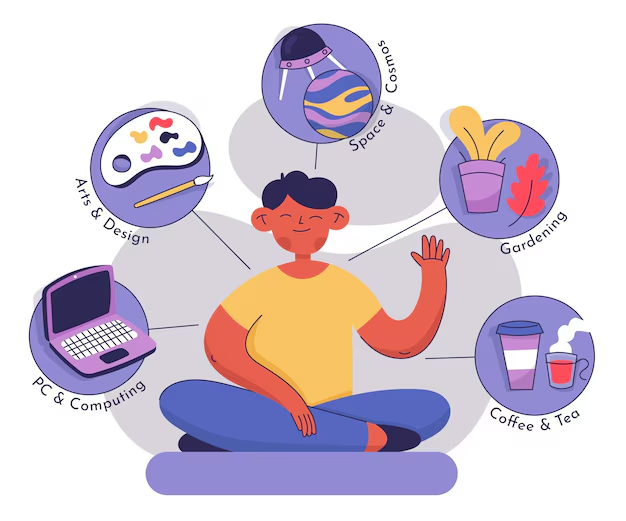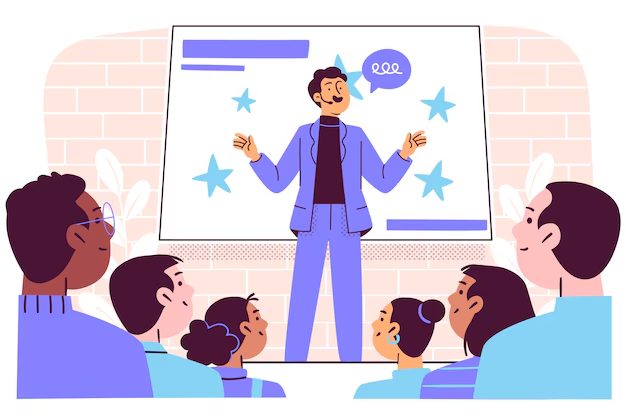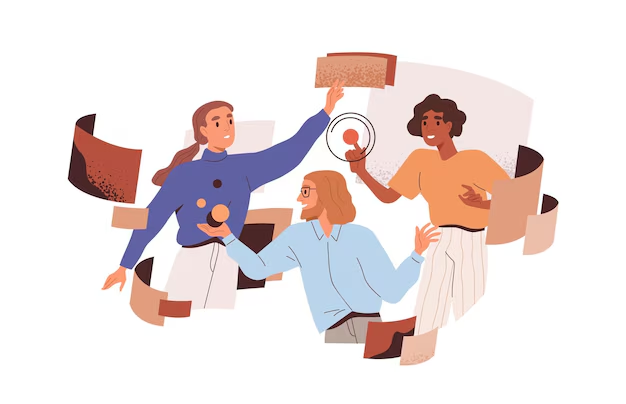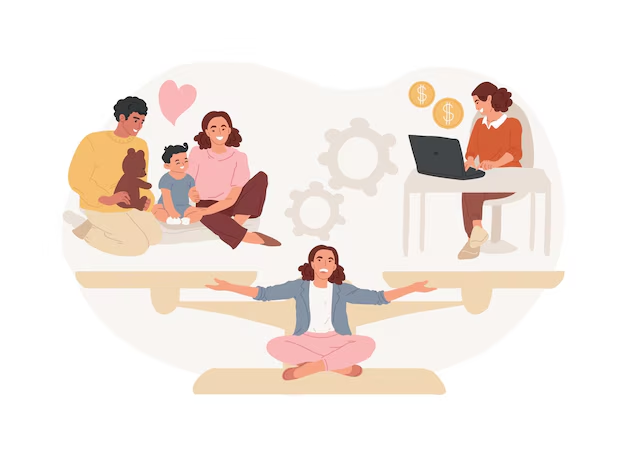Behavior Therapy
Behavioral Modification is a therapeutic approach that helps children replace maladaptive behaviors with more positive and adaptive ones. Our team of experienced professionals uses evidence-based techniques and structured interventions to empower children to change their behaviors and improve their overall well-being.
What is Behavioral Modification?
Behavioral Modification is a goal-oriented approach that focuses on identifying and changing specific behaviors that interfere with a child’s daily life. Our team works closely with children, parents, and caregivers to:

Identify maladaptive behaviors

Develop and implement personalized behavior plans

Teach new skills and behaviors

Reinforce positive behaviors
Techniques Used in Behavior Modification
Our team uses a range of evidence-based techniques, including:

Positive Reinforcement
Rewarding Positive Behaviors to Encourage Repetition

Modelling
Demonstrating Desired Behaviors to Encourage Imitation

Token Economies
Using Tokens Or Rewards to Reinforce Positive Behaviors

Natural Environment Training
Teaching New Skills & Behaviors in Real-Life Settings
Benefits of Behavioral Modification
Behavioral Modification can have a significant impact on a child’s life, leading to

Improved behavior & reduced problem behaviors

Increased confidence & self-esteem

Enhanced social skills & relationships

Better academic performance & learning outcomes

Reduced stress anxiety for children and families
How We Can Help
Our team of experienced professionals is dedicated to helping children and families achieve positive change. We offer:

Personalized behavior plans and interventions

Ongoing support and coaching for parents and caregivers

Collaboration with schools and other healthcare professionals

Flexible scheduling and convenient locations
Get Started Today

If you're concerned about your child's behavior or would like to learn more about our Behavioral Modification services, contact us today.
Frequently Asked Questions
Behavior Therapy is a type of psychotherapy that focuses on identifying and changing maladaptive behaviors, thoughts, and emotions that contribute to a person's distress or impairment.
The primary goals of Behavior Therapy are to:
- Identify and understand the underlying causes of problem behaviors
- Develop and implement strategies to change or replace maladaptive behaviors
- Improve overall functioning and quality of life
Behavior Therapy can address a wide range of behaviors, including:
- Anxiety and fear-related behaviors
- Depressive behaviors
- Trauma-related behaviors
- Substance use and addiction
- Eating disorders
- Sleep disorders
- Social skills deficits
Behavior Therapists use a variety of techniques, including:
- Positive Reinforcement
- Token Economies
- Modeling
- Role-Playing
- Exposure Therapy
- Cognitive Restructuring
The length of Behavior Therapy varies depending on the individual's needs and goals. Some people may require only a few sessions, while others may require several months or even years of therapy.
Yes, Behavior Therapy has been shown to be an effective treatment for a wide range of mental health conditions and behavioral challenges.
Yes, Behavior Therapy can be used in conjunction with other therapies, such as medication, cognitive-behavioral therapy, and family therapy.
The therapist plays an active role in Behavior Therapy, working collaboratively with the individual to:
- Identify and understand problem behaviors
- Develop and implement behavior change plans
- Provide support and guidance throughout the therapy process
You can find a Behavior Therapist by:
- Asking for referrals from your primary care physician or mental health professional
- Searching online directories or professional organizations
- Contacting your insurance provider for a list of in-network providers
During your first session of Behavior Therapy, you can expect to:
- Meet with your therapist and discuss your goals and concerns
- Complete any necessary paperwork or assessments
- Begin to develop a treatment plan tailored to your needs and goals
